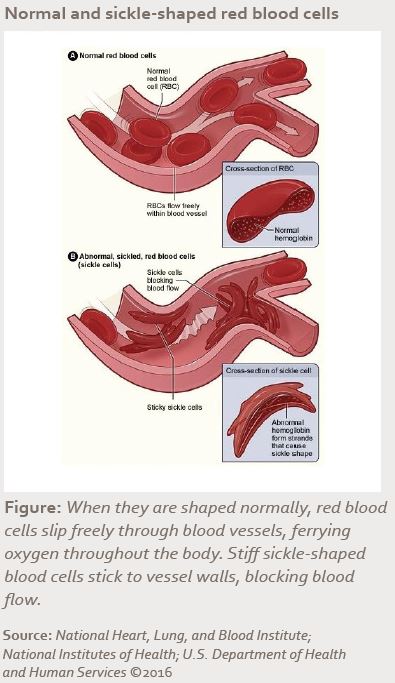Cognitive function does not predict weight-loss outcome for adolescents

Though young people with intellectual disabilities or cognitive impairment have greater rates of obesity and other comorbidities that impact their health and well-being, primary care providers are often reluctant to discuss or refer these patients for weight-loss surgery due to concerns about their ability to assent to both the surgery and the ongoing diet and lifestyle changes after surgery.
However, a study in Pediatrics authored by psychologists at Children’s National Health System finds that these young people, including those with Down syndrome, have similar weight-loss trajectories to those with typical cognitive function after bariatric surgery. The study is the first to look at post-surgical outcomes for this subgroup of adolescent bariatric surgery patients.
“It’s challenging to ensure that an adolescent who is cognitively impaired understands what it means to undergo a surgical procedure like bariatric surgery, but we do find ways to ensure assent whenever possible, and make sure the patient also has a guardian capable of consent,” says Sarah Hornack, Ph.D., a clinical psychologist at Children’s National and the study’s first author. “A very important determinant of post-surgical success for any young candidate, however, is a support structure to help them with weight-loss surgery requirements. Often, we see that adolescents with lower cognitive function already have a well-established support system in place to assist them with other care needs, that can easily adapt to providing structure and follow through after weight-loss surgery, too.”
The study reviewed outcomes for 63 adolescents ranging in age from 13 to 24 years old with an average body mass index of 51.2, all of whom were part of the bariatric surgery program at Children’s National Health System. The participants were diagnosed with cognitive impairment or intellectual disability via standardized cognitive assessments as part of a preoperative psychological evaluation or through a previous diagnosis. This study adds to the body of research that is helping to create standard criteria for bariatric surgery in adolescents and teenagers.
Children’s National is one of only a few children’s hospitals with accreditation from the Metabolic and Bariatric Surgery Accreditation and Quality Improvement Program of the American College of Surgeons and the American Society for Metabolic and Bariatric Surgery to offer bariatric surgery for adolescents with severe obesity. The extraordinary diversity of the patient population in Washington, D.C., including high rates of young people with obesity, allows the team to collect more comprehensive information about successful interventions across subgroups, including cognitive impairment or developmental disabilities, than nearly every other center in the United States.
“We’re happy to contribute evidence that can help families and care providers make informed health decisions for young people with intellectual disabilities or cognitive impairments. So many families are hoping to make sure that their children, despite disabilities, can be as healthy as possible in the long term,” says Eleanor Mackey, Ph.D., who is also a clinical psychologist at Children’s National and served as the study’s senior author. “Though the sample size is small, it does give credence to the idea that for many adolescents and teenagers, weight loss surgery may be a really viable option regardless of pre-existing conditions such as intellectual ability or cognitive function.”









